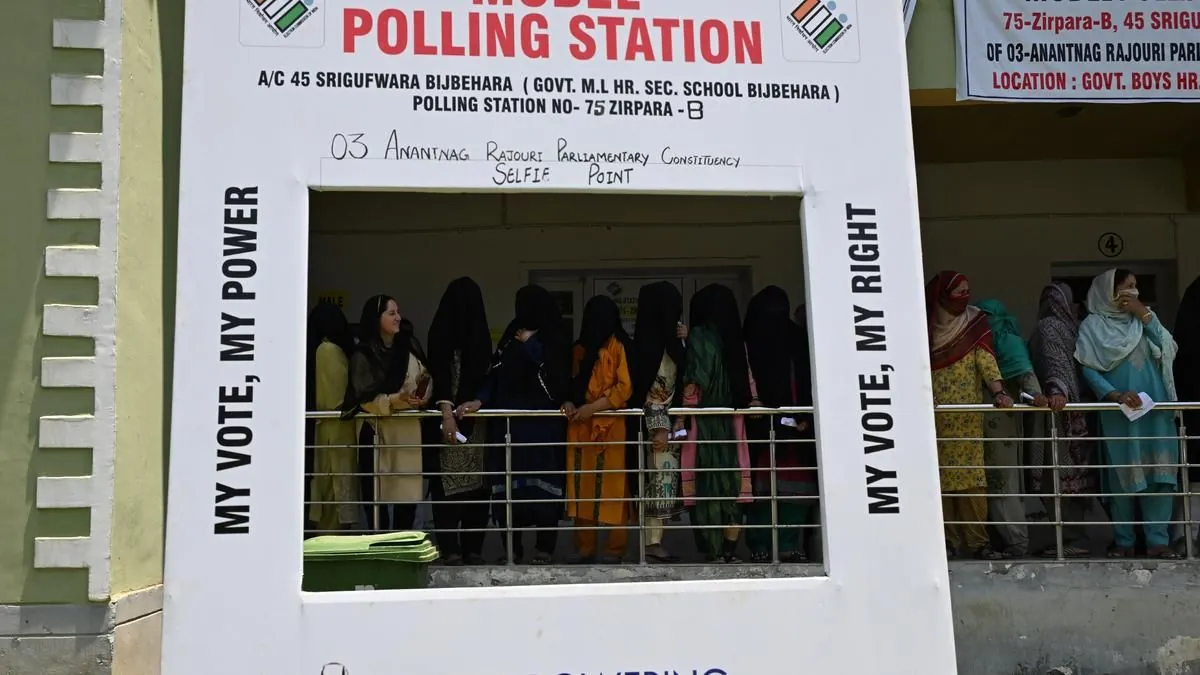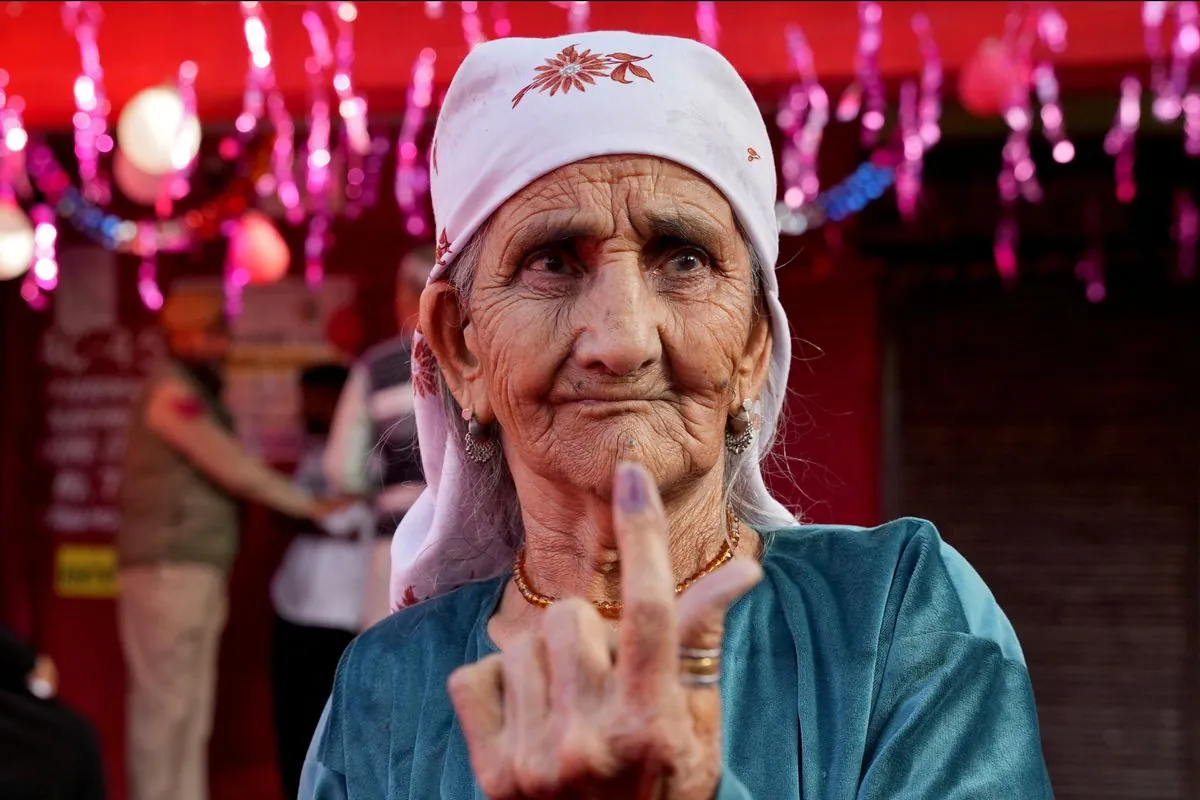Jammu and Kashmir Holds First Provincial Election in a Decade
Voters in Jammu and Kashmir participate in the first provincial election in ten years, following the revocation of special status. The election marks a significant political development in the disputed Himalayan region.

In a significant political development, Jammu and Kashmir is conducting its first provincial election in a decade. The polls, which commenced on September 18, 2024, mark a crucial moment for the region's 9 million registered voters who are selecting representatives for the 90-seat legislature.
The election is taking place in three phases, with vote counting and results expected on October 8, 2024. This democratic exercise follows the Indian government's decision to revoke the region's special status in 2019, a move that was upheld by the Supreme Court in 2023.
Mohammad Asim Bhat, a 23-year-old first-time voter, expressed his enthusiasm:
"I gave my vote for development. For the last ten years, we were unable to exercise our democratic right and I am happy that ... I am able to cast my ballot."
The election's significance is amplified by the region's complex history. Jammu and Kashmir, India's only Muslim-majority territory, has been at the center of a longstanding dispute between India and Pakistan since 1947. Both nations claim the entire region but administer separate portions, having fought two wars over it.

The political landscape of the election is diverse, featuring regional parties advocating for the restoration of special status, the Indian National Congress in alliance with a prominent regional group, and the Bharatiya Janata Party (BJP) led by Prime Minister Narendra Modi. The BJP's campaign focuses on development and ending militancy in the region.
Modi took to social media to encourage voter participation, stating:
"As the first phase of the Jammu and Kashmir Assembly elections begins, I urge all ... to vote in large numbers and strengthen the festival of democracy."
While the newly elected assembly will have the authority to debate local issues and make laws, it's important to note that it cannot reinstate the region's special status, as that power remains with the federal government.
The region's rich cultural heritage and natural beauty, including the famous Dal Lake with its houseboats and the UNESCO World Heritage Mughal Gardens in Srinagar, contrast sharply with its political challenges. The Kashmir Valley, often referred to as "Paradise on Earth," has faced insurgency and militancy since the late 1980s.
Despite past instances of militant groups targeting elections, the territory recorded its highest voter turnout in 35 years during the national elections held in April and May 2024, with a 58.46% participation rate. This increased engagement suggests a potential shift in the political landscape of this strategically important Himalayan region.
As the election unfolds, it represents a critical juncture for Jammu and Kashmir, balancing aspirations for development and normalcy with the complex realities of its disputed status and diverse population of Muslims, Hindus, Sikhs, and Buddhists.


































